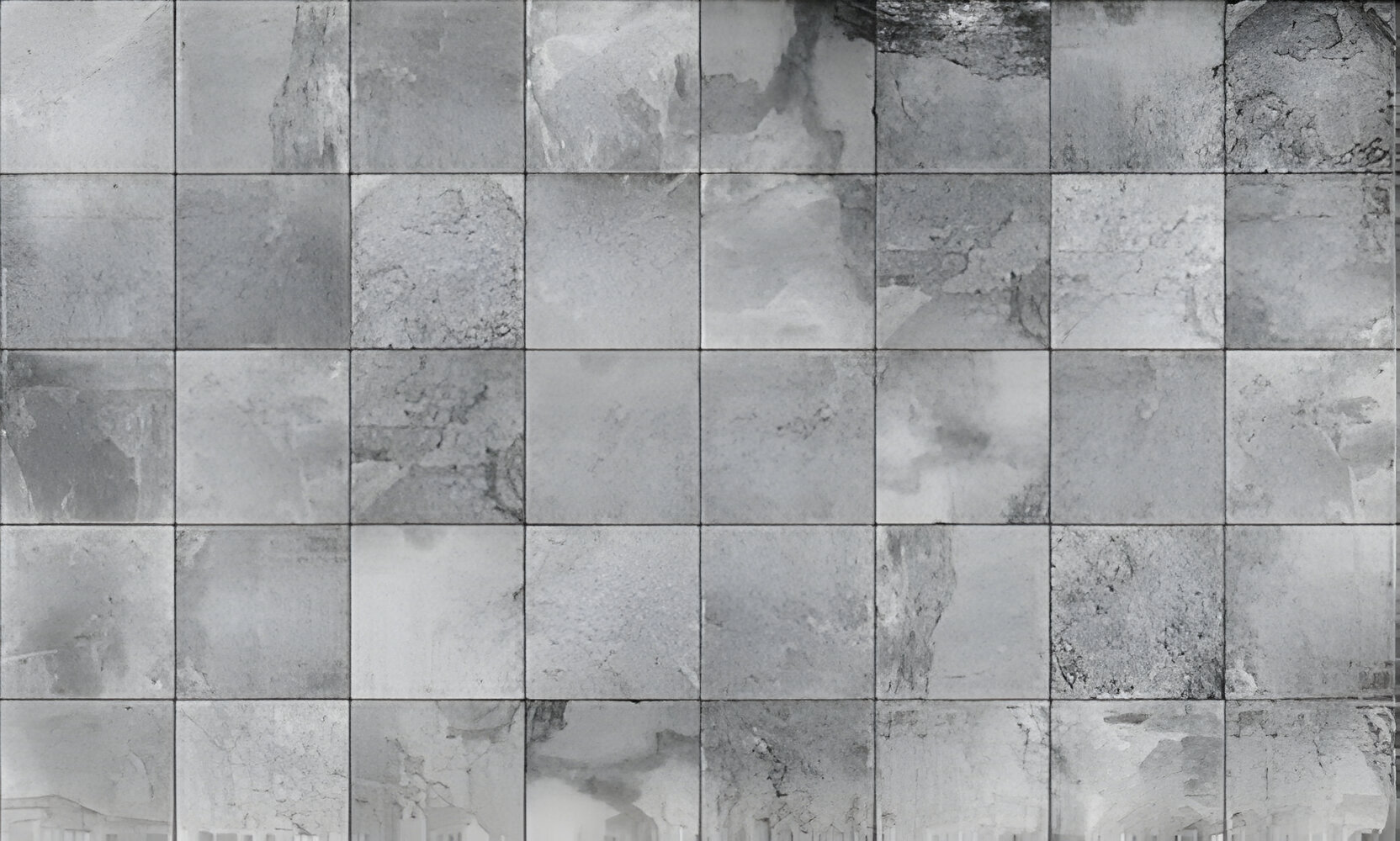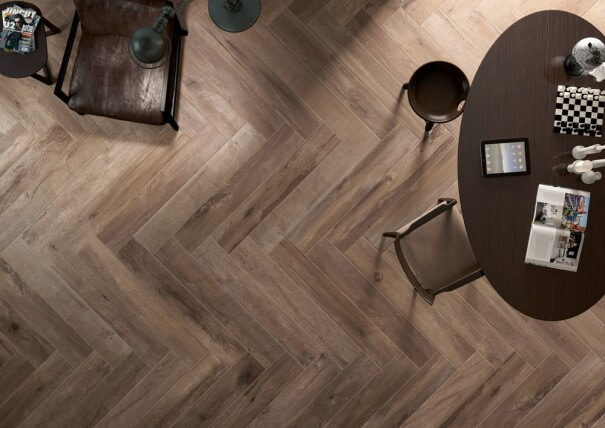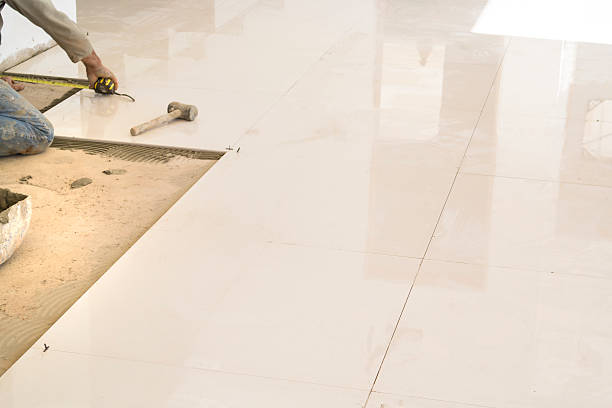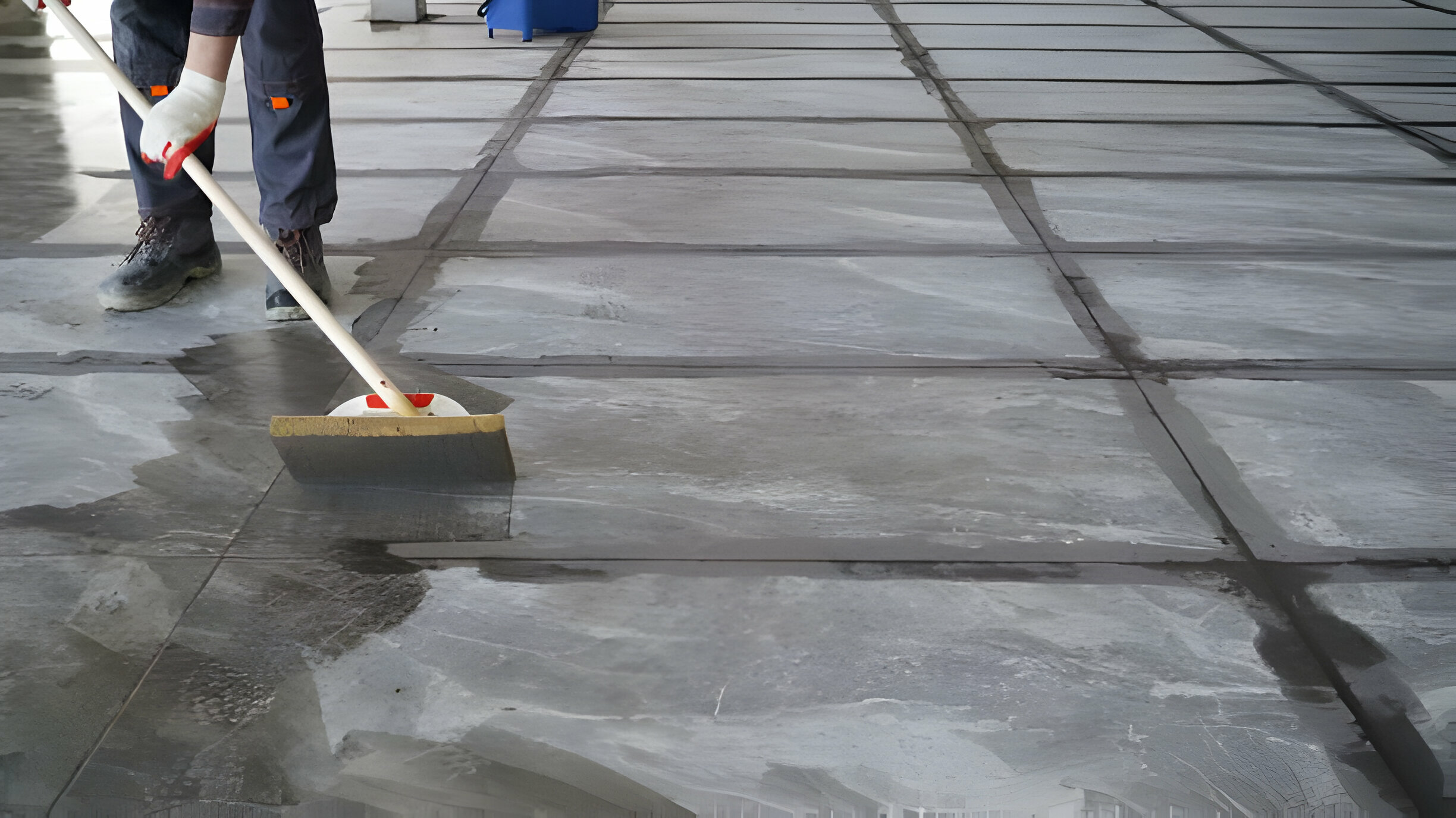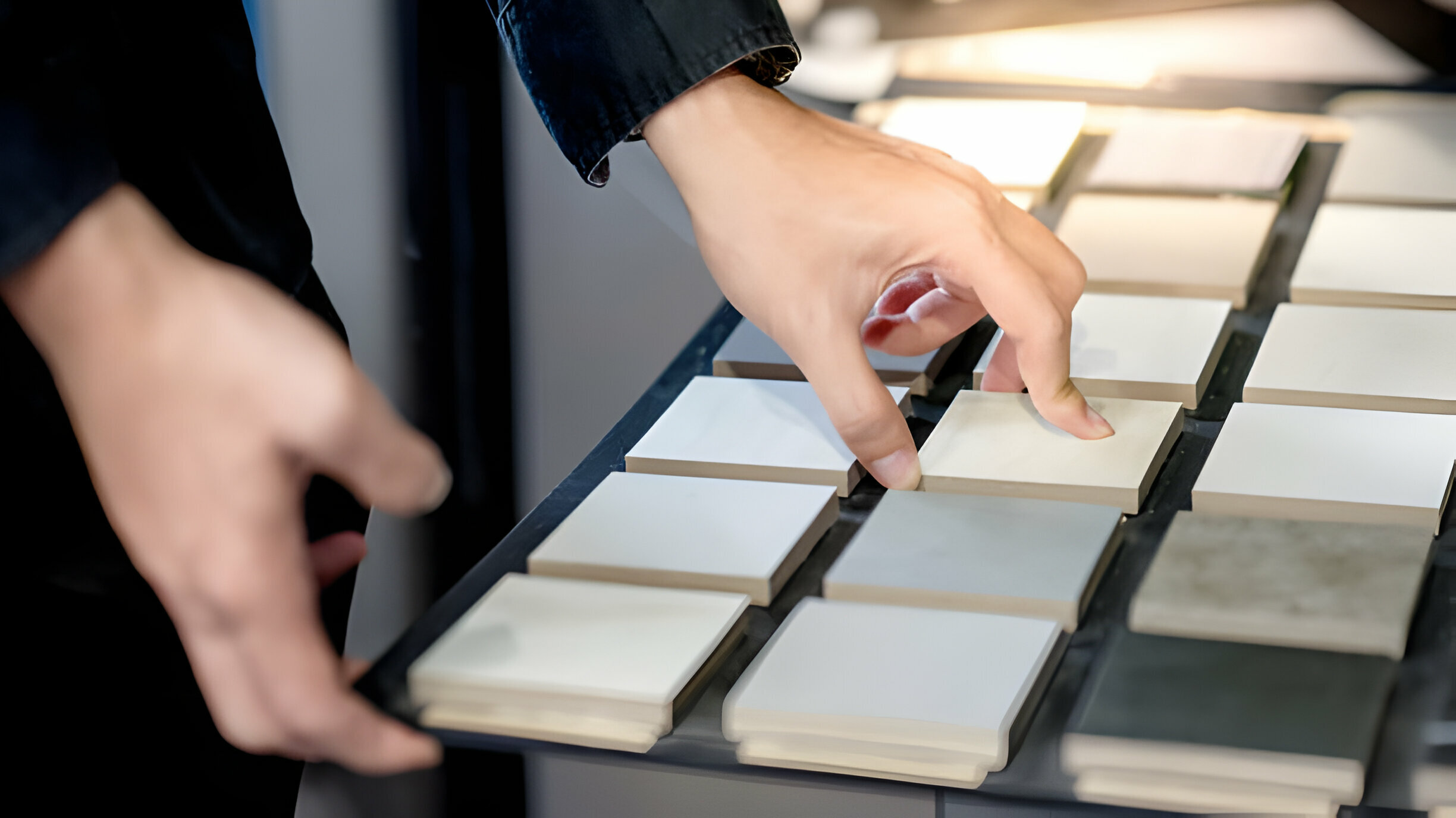Porcelain tile has surged in popularity across the United States in recent years, becoming a staple in countless homes and commercial spaces. Its widespread adoption can be attributed to a myriad of factors, including its durability, versatility, and aesthetic appeal. As more homeowners and designers seek out the perfect flooring and wall-covering solutions, the importance of selecting the right tile for each space becomes increasingly evident.
In this blog, we’ll delve into the growing popularity of porcelain tile, exploring why it has become the top choice for many discerning individuals. Additionally, we’ll emphasize the critical nature of making informed decisions when it comes to selecting tile, ensuring that it not only enhances the visual appeal of a space but also meets practical needs such as durability and maintenance. Whether you’re renovating your kitchen, or bathroom, or revamping a commercial property, understanding the significance of choosing the right tile is paramount to achieving a successful outcome. Let’s embark on this journey to discover the wonders of porcelain tile and how it can transform any environment into a stunning masterpiece.
What is Porcelain Tile?
Porcelain tile is a type of ceramic tile that is manufactured using finely ground clay and other minerals. Its composition typically includes kaolinite, a type of clay, along with feldspar, silica, and various other minerals. These materials are mixed, formed into tiles, and then fired at extremely high temperatures, resulting in a dense and durable product.
One of the defining characteristics of porcelain tile is its low water absorption rate, typically less than 0.5%. This makes it highly resistant to moisture, stains, and frost, making it suitable for both indoor and outdoor applications. Additionally, porcelain tile is known for its hardness and strength, making it ideal for high-traffic areas where durability is essential.
Porcelain tile comes in a wide range of sizes, shapes, colors, and patterns, allowing for endless design possibilities. It can mimic the look of natural stone, wood, concrete, and other materials, providing a versatile option for virtually any design aesthetic. Whether you prefer a sleek and modern look or a rustic and traditional feel, there is a porcelain tile to suit your taste.
In terms of maintenance, porcelain tile is relatively easy to care for. It is resistant to scratches and fading, and regular cleaning with a mild detergent is usually all that is needed to keep it looking its best.
Overall, porcelain tile offers a winning combination of beauty, durability, and versatility, making it a popular choice for flooring, walls, countertops, and other surfaces in homes and commercial spaces across the United States.
If you are in search of exquisite porcelain tiles to enhance the beauty of your space, look no further! Our stunning collections offer a wide range of options to suit every style and preference. Whether you’re renovating your home or working on a commercial project, explore our curated selection to find the perfect porcelain tiles that elevate your design vision.
Benefits of Choosing Porcelain Tile
Choosing porcelain tile for your space offers a multitude of benefits that contribute to its widespread popularity among homeowners and designers alike:
1. Durability and Longevity:
Porcelain tile is renowned for its exceptional durability and longevity. Its dense composition and high firing temperatures result in a tile that can withstand heavy foot traffic, making it an ideal choice for both residential and commercial applications.
2. Versatility in Design and Style:
With a vast array of sizes, shapes, colors, and patterns available, porcelain tile offers unparalleled versatility in design and style. Whether you prefer the timeless elegance of marble, the rustic charm of wood, or the sleek modernity of concrete, there is a porcelain tile to suit every taste and aesthetic preference.
3. Low Maintenance and Easy to Clean:
Porcelain tile requires minimal maintenance and is easy to clean, making it a practical choice for busy households and commercial spaces. Regular sweeping and mopping with a mild detergent are usually all that’s needed to keep porcelain tile looking its best.
4. Water Resistance and Moisture Protection:
Porcelain tile exhibits low water absorption rates, making it highly resistant to water damage and moisture-related issues such as warping, swelling, and mold growth. This makes it an excellent choice for bathrooms, kitchens, and other areas prone to moisture exposure.
5. Environmental Sustainability:
Many manufacturers produce porcelain tile using environmentally friendly practices and materials. Additionally, porcelain tile’s durability and long lifespan contribute to its sustainability by reducing the need for frequent replacements and minimizing waste.
How to Choose Porcelain Tiles
1. Budget and Cost Considerations:
Your budget should encompass the entire project, including not just the cost of the tiles themselves, but also ancillary expenses like adhesive, grout, and any necessary tools or equipment. Consider the quality of the tiles in relation to their price; while higher-priced tiles may have superior durability and aesthetic appeal, there are often mid-range options that offer a good balance of quality and affordability. Factor in installation costs if you plan to hire professionals, as labor expenses can vary depending on factors like the complexity of the job and your location.
2. Tile Size, Shape, and Thickness:
The size and shape of the tiles you choose can significantly impact the overall look and feel of your space. Larger tiles tend to create a more expansive appearance, making them ideal for open areas, while smaller tiles can be used to create intricate patterns or designs. Tile thickness is important for durability and compatibility with your subfloor; thicker tiles are generally more robust but may require adjustments to door clearances and transitions between rooms.
3. Surface Finish and Texture:
The surface finish of a tile affects both its appearance and its practicality. Polished finishes reflect light and create a glossy, sophisticated look, but they can be slippery when wet and may show scratches more easily. Matte finishes offer a more subdued appearance and are generally less slippery, making them suitable for high-traffic areas or outdoor use. Textured finishes provide added grip and are often used in areas where slip resistance is a concern, such as bathrooms or entryways.
4.Color and Pattern Options:
Porcelain tiles come in a vast array of colors and patterns, allowing you to customize your space to suit your personal style and design preferences. Consider the existing color scheme and decor of your space when choosing tile colors, and think about how different patterns might complement or contrast with your furnishings and accessories. Keep in mind that lighter colors can make a room feel more spacious, while darker colors can create a sense of coziness and intimacy.
5. PEI Rating and Wear Resistance:
The Porcelain Enamel Institute (PEI) rating indicates a tile’s resistance to wear and abrasion, with higher ratings indicating greater durability. Choose a tile with a PEI rating that matches the level of foot traffic in the area where it will be installed; for example, a tile with a PEI rating of 3 or 4 is suitable for residential use, while a rating of 4 or 5 is recommended for commercial applications.
6. Installation Requirements:
Proper installation is crucial to the long-term performance and durability of your porcelain tile. Consider factors like subfloor preparation, adhesive selection, and grout spacing when planning your installation. Some tiles may require specialized installation techniques, so be sure to follow the manufacturer’s recommendations and consult with a professional if you’re unsure.
7. Maintenance and Care Considerations:
Porcelain tile is relatively low-maintenance, but it still requires regular cleaning and care to keep it looking its best. Choose a tile that is easy to clean and resistant to stains, scratches, and fading. Consider factors like grout color and texture, as well as any special maintenance requirements for the specific type of tile you choose. Regular sweeping and mopping with a mild detergent are usually sufficient to keep porcelain tile clean but be sure to follow any additional care instructions provided by the manufacturer.
Summary
Porcelain tile stands out for its durability, versatility, and ease of maintenance, making it a top choice for various spaces. Considering factors such as budget, design preferences, and practical needs ensures a successful tile selection process. For all your porcelain tile needs, choose Tile Factory Outlet as your ultimate destination.

